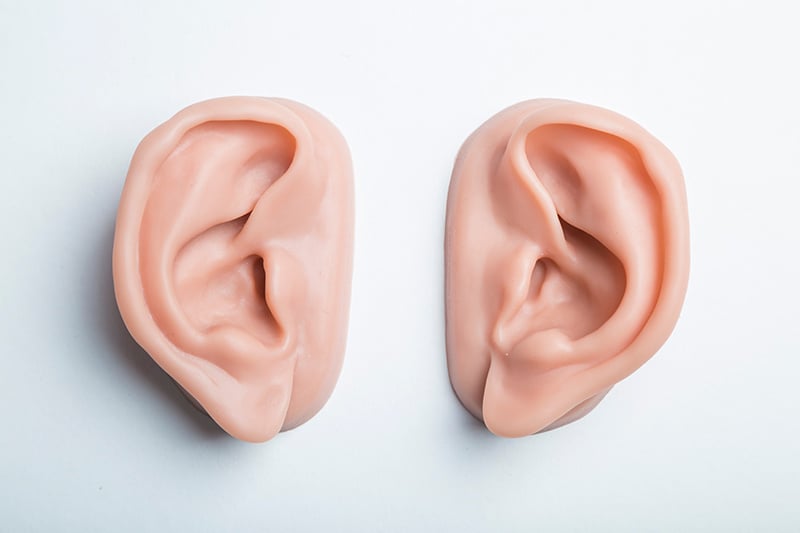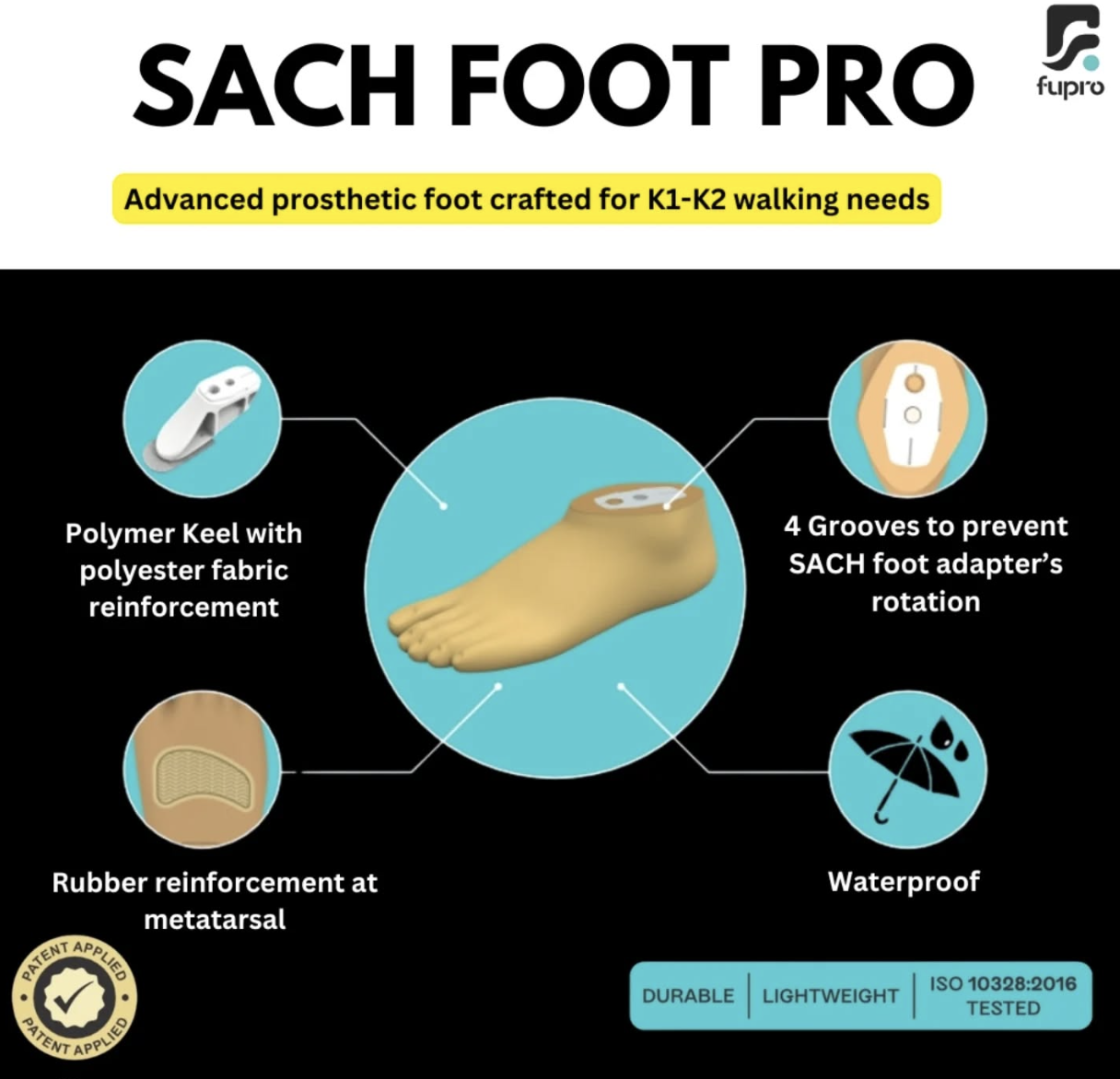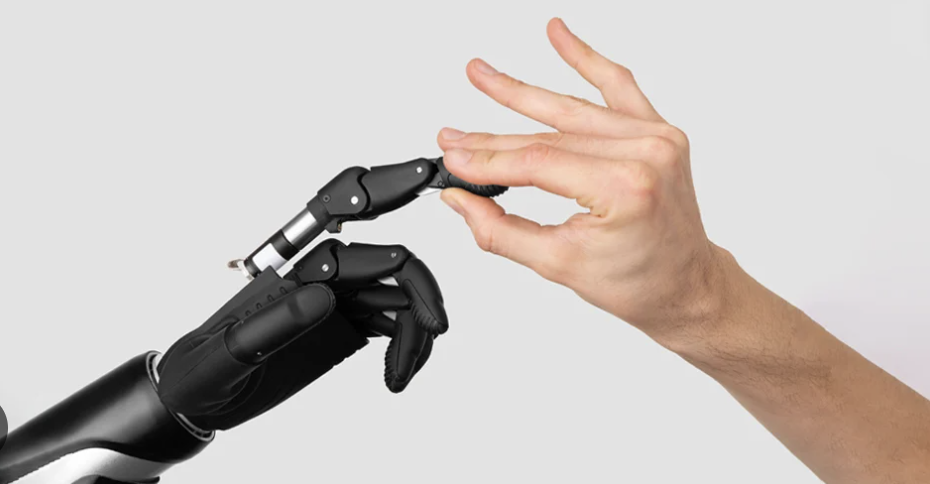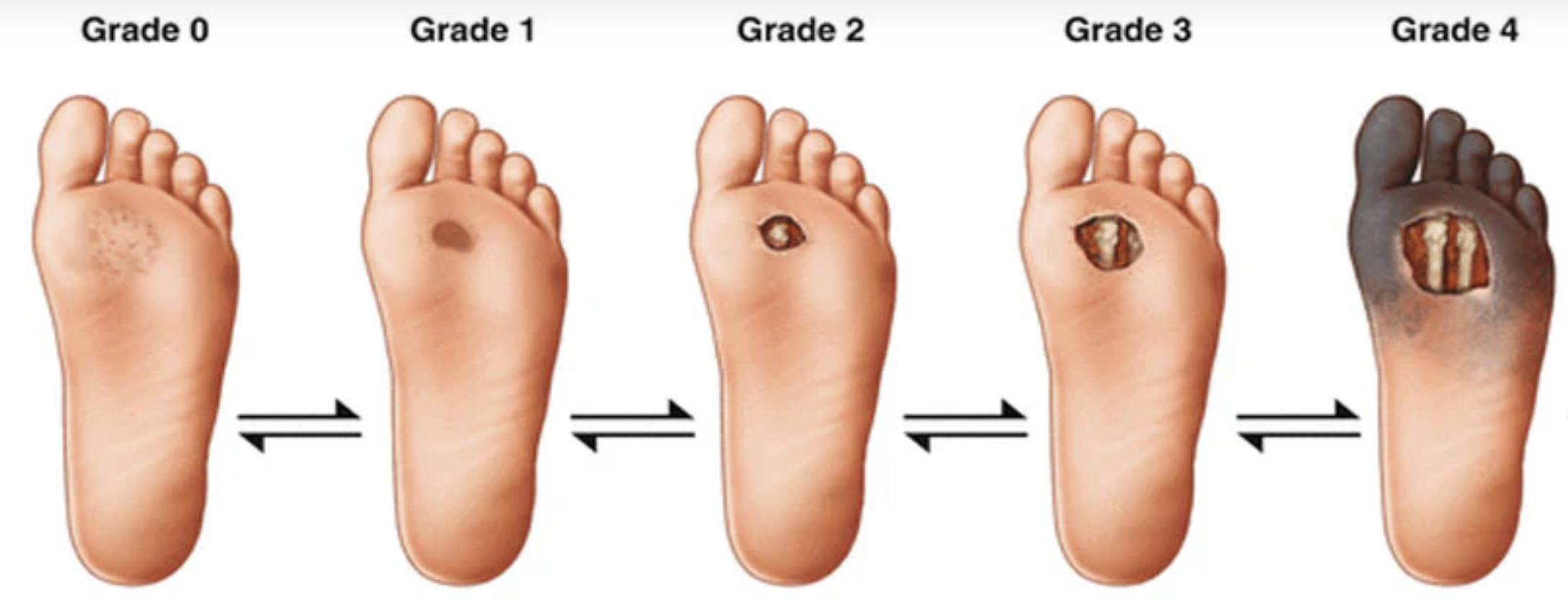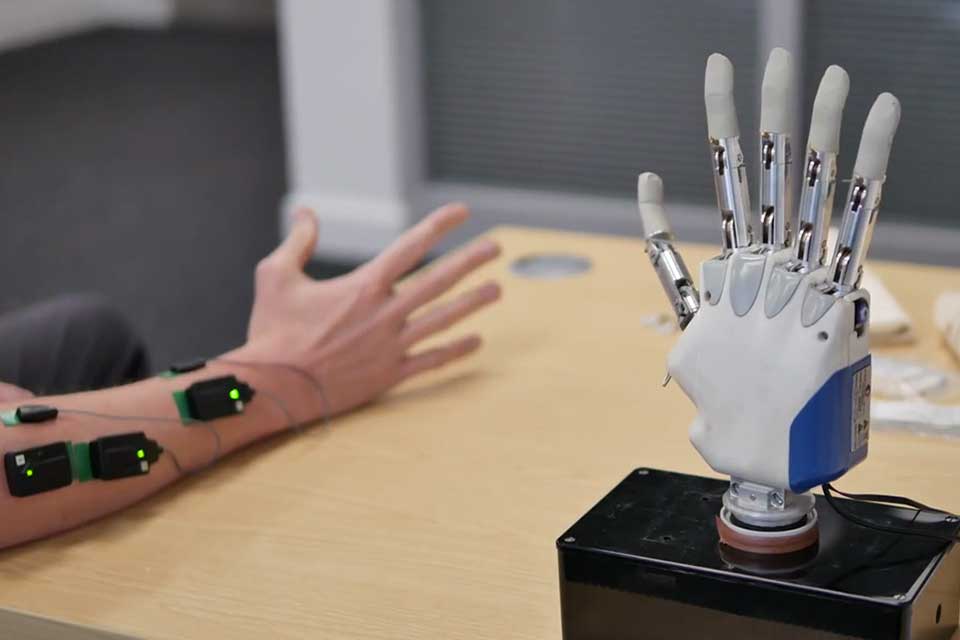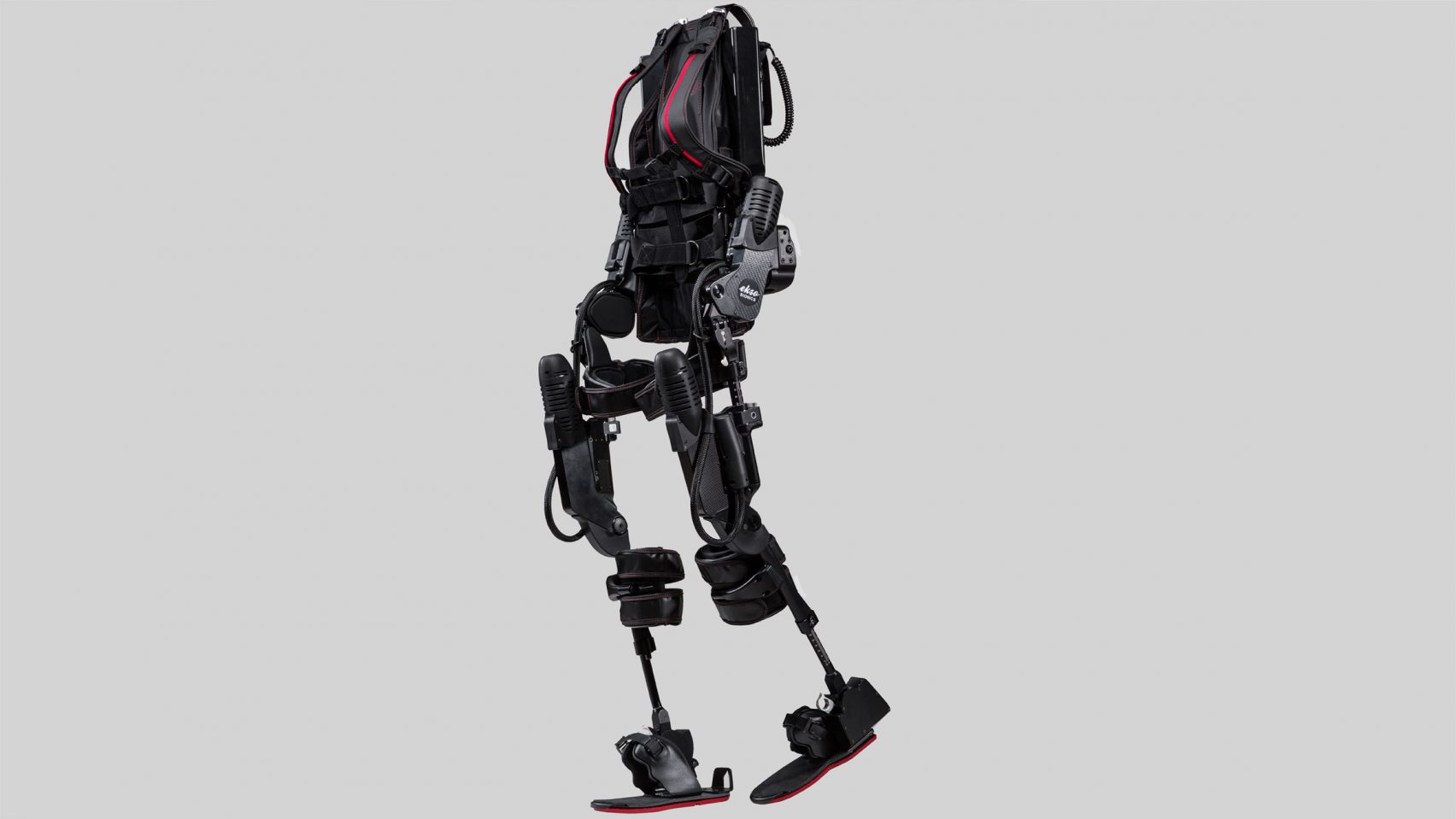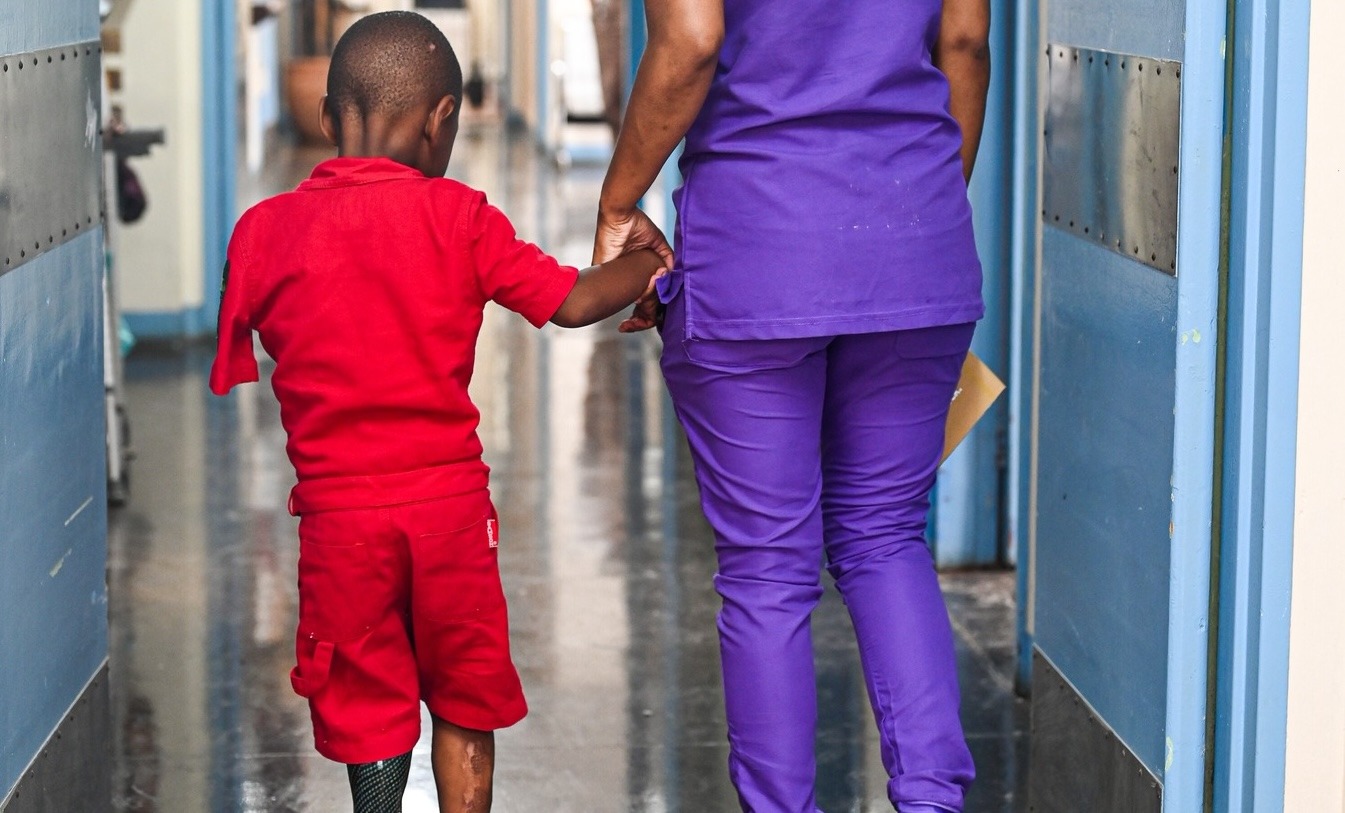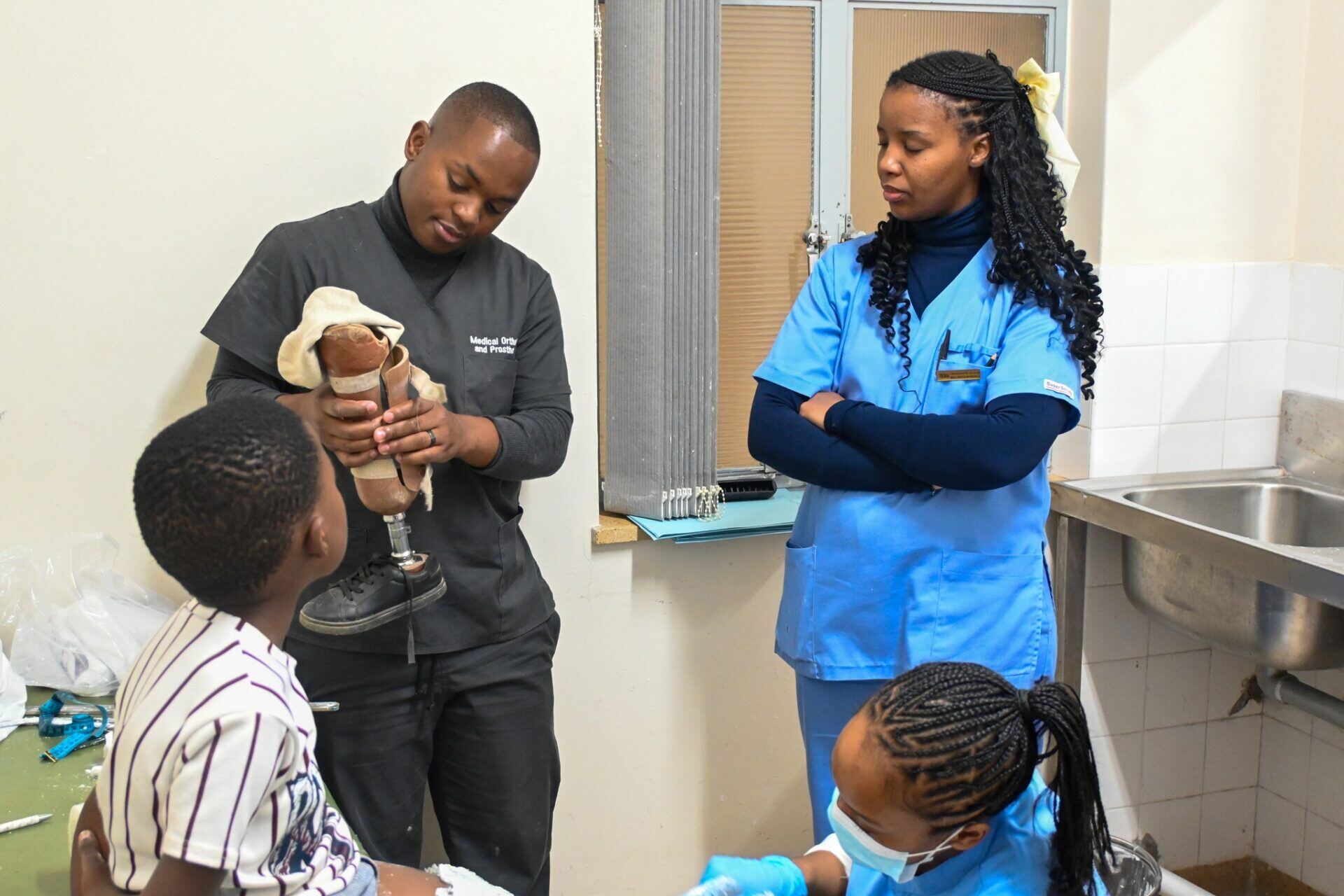Imagine being a child and facing the world with a missing ear, nose, or eye.
These facial differences, caused by congenital defects or syndromic conditions, can turn what should be joyful years of childhood into a time of isolation, self-consciousness, and emotional struggle.
The challenges faced by these children go far beyond physical limitations — they experience a daily battle for acceptance, both from others and within themselves.
But thanks to advancements in maxillofacial prosthetics, these children now have a chance to not only restore their physical appearance but also rebuild their self-confidence and self-worth.
Children born with craniofacial deformities, such as microtia (underdeveloped or absent ears), nasal hypoplasia, or anophthalmia (missing one or both eyes), often face social stigma.
They may be isolated or bullied because of their appearance, particularly in school environments, where body shaming can have devastating effects.
This social pressure can lead to anxiety, depression, and long-lasting psychological scars.
The desire to fit in is particularly strong during childhood, and feeling “different” can make these years especially difficult.
Many children with facial differences avoid social situations, shy away from eye contact, or struggle with a negative self-image, despite their resilience or confidence.
The visible nature of their condition means they often cannot escape the questions, curiosity, or even cruelty of others.
Maxillofacial prosthetics offer these children a chance to regain their confidence and live more freely.
Custom-made prosthetic ears, noses, and eyes not only restore function but also provide an aesthetic resemblance to natural features.
These devices help children blend in, reducing the social pressure that comes with looking different.
One of the greatest benefits of maxillofacial prosthetics is their ability to boost self-esteem. When children see themselves with a complete face in the mirror, or when they can go out without attracting unwanted attention, it can be empowering.
This newfound confidence allows them to participate in social activities, go to school more comfortably, and engage in everyday life without fear of being judged or ridiculed.
Prosthetics can also provide immense relief for families. Parents no longer have to worry as much about explaining their child’s appearance or navigating difficult social situations.
Seeing their child face the world confidently brings a sense of comfort and optimism for the future.
Fostering positive self-image and social integration
A maxillofacial prosthesis is much more than a physical tool — it can open the door to a child’s full potential.
With the aid of prostheses, children often feel more at ease interacting with others, making friends, and engaging in activities without self-consciousness. This confidence helps reduce the risk of social isolation and feelings of inadequacy that many children with facial deformities experience.
Additionally, prosthetics educate society about acceptance and diversity.
Peers who may initially focus on a child’s differences often come to see beyond appearances, fostering empathy and inclusion.
In this way, maxillofacial prosthetics not only improve the lives of individual children but also help shape societal perceptions of beauty and normalcy.
Recent technological advancements have greatly improved the field of maxillofacial prosthetics.
With the advent of digital workflows and 3D printing, prostheses can now be produced with unmatched precision.
Intraoral scanners create detailed digital impressions without the discomfort of traditional methods, leading to more accurate prostheses and a less traumatic experience for the child.
These innovations also speed up production, allowing children to receive their prostheses more quickly.
The development of lightweight, durable, and lifelike devices has revolutionised care, making prostheses not only functional but truly integral to the daily lives of the children who wear them.
The benefits of maxillofacial prosthetics extend far beyond childhood. As these children grow, they carry the confidence instilled by their prostheses into adolescence and adulthood.
Many go on to pursue careers, form meaningful relationships, and lead fulfilling lives.
By addressing both the physical and emotional aspects of facial deformities early on, we can set children on a path to a brighter, more empowered future.
Making a difference
Maxillofacial prosthetics offer children with congenital or syndromic facial defects the chance to live full, confident lives.
By restoring both appearance and function, these prostheses help reduce the social stigma and emotional challenges often associated with facial differences.
With ongoing advancements in technology, the future is promising for children born with craniofacial abnormalities.
But the journey doesn’t end here. We all play a role in shaping a more inclusive and compassionate society. By raising awareness, supporting research, and advocating for accessibility to prosthetic care, we can help ensure that every child — regardless of their appearance — has the opportunity to thrive.
Whether it’s by donating to organisations that provide these services, volunteering, or simply educating others about the importance of acceptance, you can help transform lives.
Let’s come together to ensure no child has to face the world feeling “different.” Start by spreading the word — because change begins with awareness.
* Dr Zubaidah Zanul Abidin, Dr Muaiyed Buzayan and Dr Siti Fauzza Ahmad are Lecturers of Prosthodontics Discipline at the Department of Restorative Dentistry, Faculty of Dentistry, Universiti Malaya.
